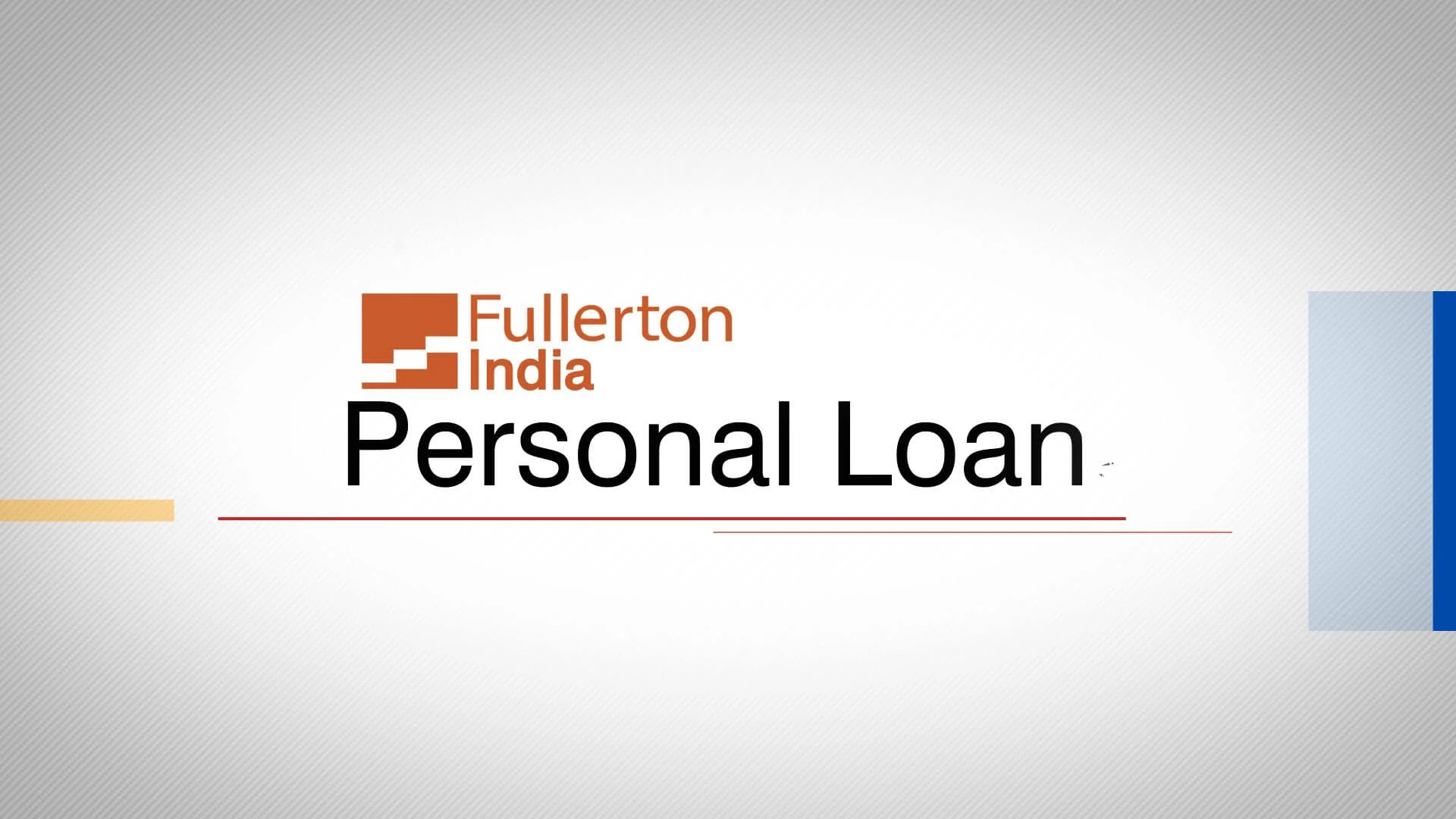Advantages and Disadvantages of Fixed Deposits Account
As a newbie investor, you can question the age-old wisdom of having money in fixed deposits. Since generations, people have been trusting banks and post offices to fulfill their financial goals. Let us see the various advantages and disadvantages of fixed deposits account to help you make an informed decision.
Advantages of Fixed Deposits Account:
Safe and Secure:
A fixed deposit is a safe and secure mode of investment as it will give a steady growth to your savings in the long-run. As compared to other investment options like mutual funds or equity markets, FDs are not affected by market volatility. Guaranteed returns on the FDs, attract investors to invest in FDs. For example, Bajaj Finance FD is accredited with CRISIL’s FAAA/Stable rating and ICRA’s MAAA/Stable rating. These ratings indicate that the returns on your investment are guaranteed.
Flexibility of Tenor:
The tenor is flexible as per the financial goals of the investors. You can also open multiple fixed deposits to cater to his/her financial goals. The multi deposit facility from Bajaj Finance allows you to invest in multiple FDs with a single payment cheque. You can also look at Systematic Deposit Plans available with Bajaj Finance which allows you to invest in an FD with small monthly deposits starting at Rs. 5000 per month.
Quick Loan Facility:
FDs also act as collateral in availing instant loans. The investor is not required to break the FDs before the maturity period to fulfill his/her financial requirements. The loan amount depends on the principal amount and it differs across financial institutions.
With Bajaj Finance, investors can avail the loan up to 60% of the principal amount for non-cumulative fixed deposits and 75% of the principal amount for cumulative fixed deposits.
Interest Pay-out Options:
Fixed Deposits provides an option to the investors to choose at what frequency interest is credited in the investors’ fixed deposit account. The frequency of periodic interest payment can be monthly, quarterly, half-yearly, or at the time of maturity.
Disadvantages of Fixed Deposits Account:
Low Returns:
Fixed Deposit gives stable returns but not necessarily high as compared to other investment options like mutual funds or the equity market. The Fixed Deposit gives lower returns but the risk of losing capital is also low. Therefore, FDs are a popular investment option among investors having a low-risk appetite.
In the current scenario returns from the stock market are subject to high volatility. Therefore, it makes sense to allocate some portion of your portfolio in fixed deposits in order to hedge your portfolio against market risks. You can choose a high yielding company FD such as Bajaj Finance FD which offers one of the top FD rates in India up to 6.85%.
Inflation and Purchasing Power:
Inflation in the economy is increasing and higher than the rate of interest investors receiving on the fixed deposits. The expected returns on your investment become less and fail to beat the inflation as compared to other financial investment methods like a mutual fund, etc. and ultimately purchasing power of the investor decreases.
Liquidity concerns:
An investor can avail of a loan against the FD during financial urgency, breaking the fixed deposit scheme before the maturity might cost the investor a little penalty charge. The investor may get a lower interest on the total investment in case of breaking the FD.
So, these were the advantages and disadvantages of investing in a fixed deposit scheme. It is evident that fixed deposits are the best mode of investment for investors as it gives assurance of stable returns. Fixed Deposits are ideal for senior citizens as they can earn an additional interest rate benefit of 0.25% if they invest in Bajaj Finance FD.
Author Bio:Gaurav Khanna is an experienced financial advisor, digital marketer, and writer who is well known for his ability to predict market trends. Check out his blog at Highlight Story.


